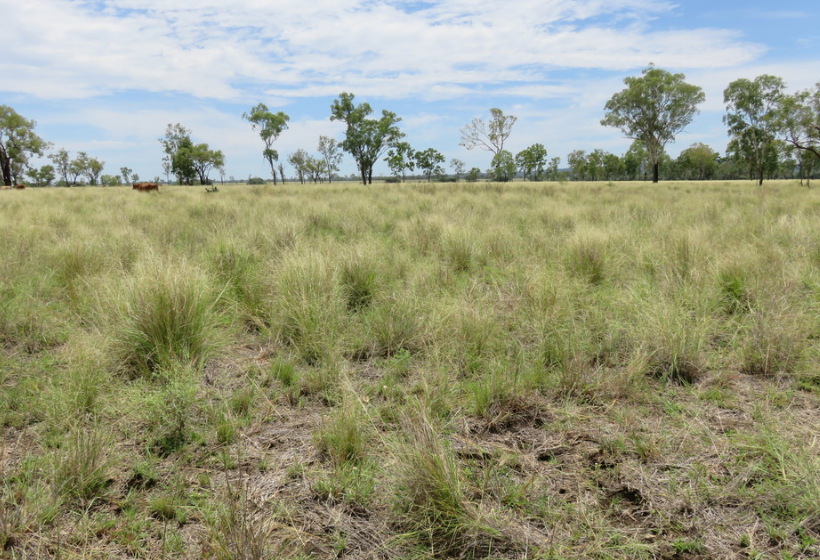The Environment Protection and Biodiversity Conservation Act 1999 (EPBC Act) is Australia’s central piece of environmental legislation. It sets out the framework for managing potentially significant impacts on the environment, especially those concerning national and international conservation significance. One key aspect of adhering to this act is the epbc self-assessment, a crucial step for businesses undertaking activities that may affect Australia’s protected areas or species.
The EPBC Act and its Relevance to Businesses
Understanding the EPBC Act is imperative for businesses operating within sectors that interact with the natural environment. The Act seeks to protect national environmental assets, categorised as World Heritage sites, National Heritage places, wetlands of international importance, and listed threatened species and ecological communities.
Any action that may have a significant impact on these protected matters requires approval from the Australian Government. As such, businesses must be aware of their responsibilities under the EPBC Act. Infringements can result in substantial penalties, underscoring the importance of ensuring compliance.
The Initial Step: Assessing the Impact
Before embarking on a project, a business needs to ascertain whether its actions are in a sensitive area covered by the EPBC Act. If so, a detailed appraisal, often referred to as an ecological assessment, can identify the potential implications of their proposals. This is an essential exercise in due diligence and is pivotal in formulating a project plan that aligns with environmental regulations whilst achieving business objectives.
Conducting an EPBC Self-Assessment
The EPBC self-assessment is a tool designed to assist businesses in determining whether their proposed action is likely to have a significant impact on a matter protected by the EPBC Act. This self-directed process requires a comprehensive understanding of the project’s potential interactions with the environment.
Businesses must engage with the self-assessment guidelines provided on the Department of Agriculture, Water and the Environment website. These guidelines are detailed and structured to facilitate an in-depth analysis, prompting businesses to consider all relevant impacts of their actions.
The Importance of Expertise
Given the complexity of the Act and the intricacies of ecological assessments, seeking expertise is advised. Environmental consultants can offer valuable insights that aid in accurately assessing the potential impacts. Their proficiency can help safeguard against inadvertent non-compliance, thereby minimising risks and facilitating a smoother approval process.
Wrap Up
Aligning business operations with environmental regulations is not only about compliance; it’s also about corporate responsibility and sustainability. The epbc self-assessment is more than a bureaucratic hurdle; it’s a step towards ensuring that the unique Australian environment is preserved for future generations.
As businesses look to grow and develop, integrating considerations of the EPBC Act into their planning processes will be an essential part of their journey towards sustainability. This approach not only mitigates legal risks but also contributes positively to the business’s environmental stewardship, enhancing its reputation and long-term viability.

